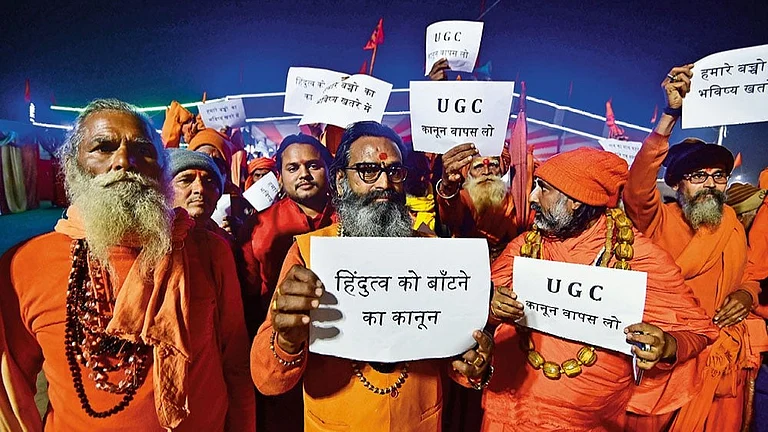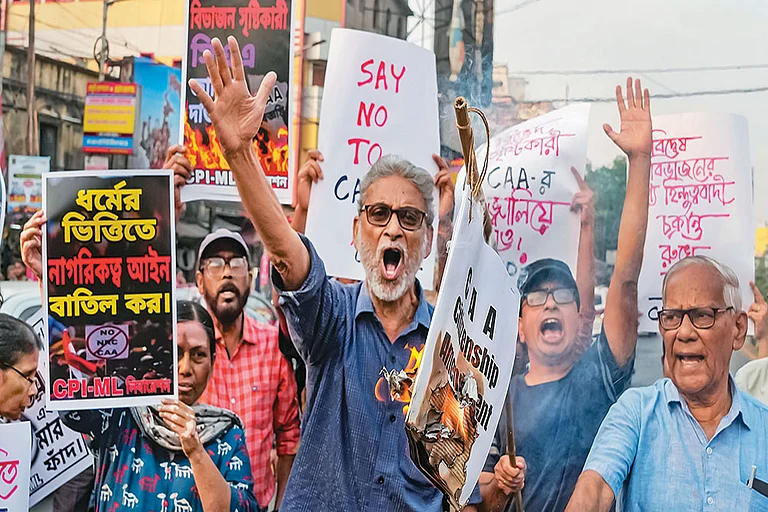
Summary of this article
Aadhaar, PAN, and voter ID serve only as identity proofs, not proof of Indian citizenship.
Bail of accused for illegal entry and stay in India rejected due to forged documents and risk of fleeing.
The Bombay High Court on Tuesday emphasized that possession of identity documents like Aadhaar card, PAN card, or voter ID does not make a person an Indian citizen.
Hearing the bail plea of Babu Abdul Ruf Sardar, accused of illegal entry and stay in India using forged documents, Justice Borkar pointed to the Citizenship Act of 1955 as the central law defining citizenship in India.
“In my opinion, the Citizenship Act of 1955 is the main and controlling law for deciding questions about nationality in India today. This is the statute that lays down who can be a citizen, how citizenship can be acquired and in what situations it can be lost,” the judge said.
The court clarified that documents such as Aadhaar, PAN or voter ID are issued primarily for identification or to facilitate access to government services, but they do not override or replace the legal framework governing citizenship.
“Merely having documents such as Aadhaar card, PAN card or voter ID does not, by itself, make someone a citizen of India,” the bench stated.
The ruling underlined the clear legal distinction between lawful citizens and illegal migrants. It noted that illegal migrants are barred from acquiring citizenship through most legal routes under the Citizenship Act.
“This distinction is important because it protects the sovereignty of the country and ensures that benefits and rights meant for citizens are not wrongfully taken by those who have no legal status to stay in India,” the court added.
Sardar, accused of obtaining forged Aadhaar card, PAN card, voter ID and even an Indian passport, had entered India without valid travel documents. The court refused his bail, citing ongoing verification of the documents and police concerns that he may abscond.
He faces charges under the Bharatiya Nyaya Sanhita, the Passport Act, and the Foreigners Order.
























